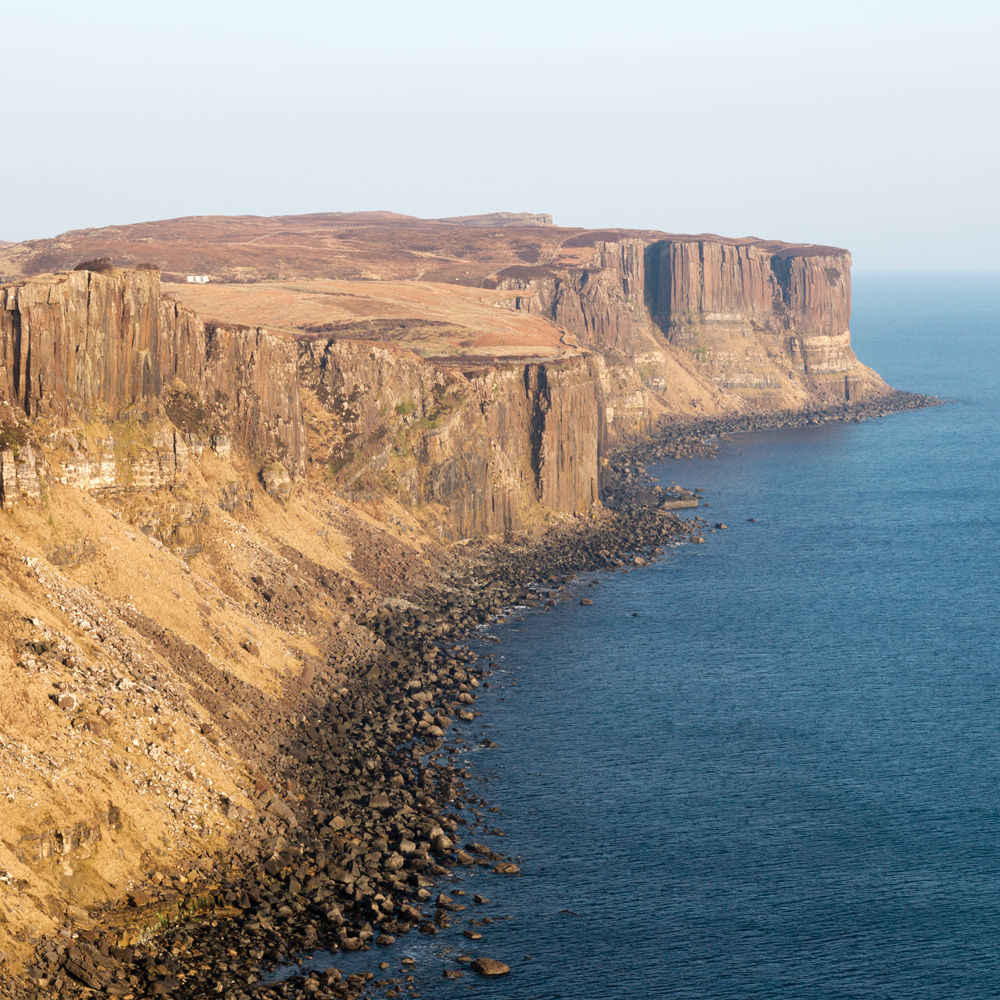nes | /nɛs/

Ness is a common suffix in English language place names, indicating a promontory, point, cape, or headland. It is related to the Old English næss for nose from the Old High German nissa. Throughout Scandinavia, variations of -ness are common. The Norwegians and Icelanders use -nes, and in Denmark, it’s -næs.
The term is frequently coupled with a prominent local feature, making the nesses useful landmarks for mariners. Sometimes the identifying feature relates to the shape of the land, as in Sellaness, meaning sail shaped. Sometimes it refers to man-made monuments such as Burraness, meaning there’s a fort. Geographical features such as Sandness are also common. Sometimes it has simply been added to an existing place name such as Denge, which the Vikings renamed Dungeness.
Ironically, the most famous ness of all is not actually a headland or even coastal. Loch Ness takes its name from the River Ness into which it drains before flowing into the Beauly Firth at Inverness.
Naze is closely related to ness, specifically the Naze headland on the North Sea coast of Essex from where the term has migrated as far as Antarctica. Bill, presumably as a synonym for beak, is yet another variation on the theme, as in the Portland Bill Lighthouse.
Introduction Aeolian Alpenglow
Benthos Crepuscular Crispate Crown shyness
Desire lines Dreich Endragoned Edgelands
Frondescence Fumarole Gluggaveður Gossamer
Karst Komorebi Lawrence Long acre
Machair Monkey’s wedding Moonglade
Psithurism Quartz Rakuyou Roaring forties
Snag Soft estate Specular, diffuse and pellucid
Spoondrift Steam fog Swash zone Sylvan